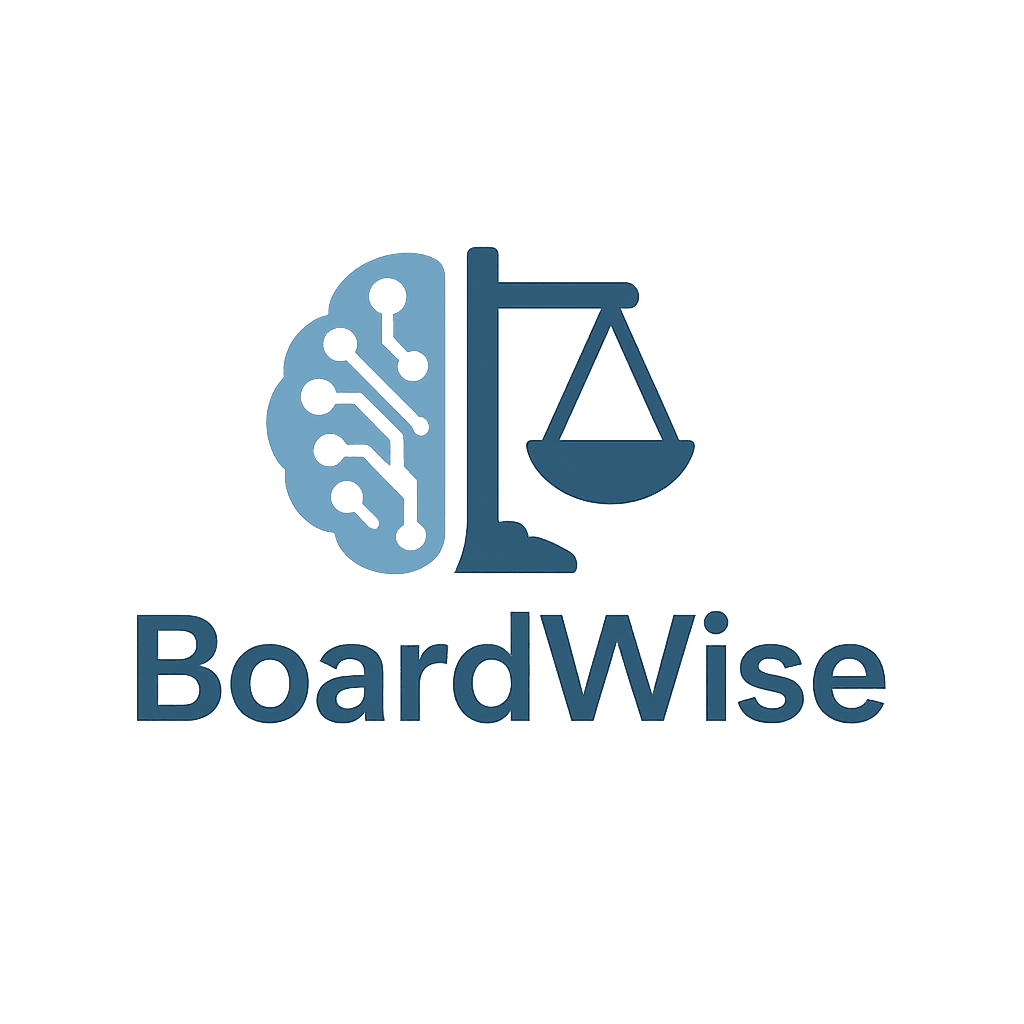How Continuing Education (CEUs) Can Strengthen Your Board Response
Matt
Founder of BoardWise

When a licensing board reviews a complaint, they're not just looking at what happened — they're looking at how you respond. One powerful way to show professionalism, accountability, and a commitment to growth is through Continuing Education Units, or CEUs.
Let's talk about what CEUs are, how to choose the right ones, and why they can make a real difference.
What Are CEUs?
CEUs are educational credits earned by completing courses relevant to your field. Most professionals — including nurses, social workers, therapists, and others — are required to complete a certain number of CEUs to maintain their licenses.
But CEUs aren't just for compliance. They can also be used proactively to show the board that you're taking steps to reflect, learn, and improve.
Why Boards Value CEUs
When reviewing a complaint, licensing boards often ask:
- Has this professional taken the situation seriously?
- Are they willing to learn and grow from it?
- What actions have they taken to reduce future risk?
By voluntarily completing relevant CEUs, you can show the board that you are:
- Taking initiative
- Reflecting on your practice
- Committed to high standards and ethical care
Even if the board doesn't require it, offering proof of relevant CEUs in your response can send a powerful message.
Choosing the Right CEUs
The most impactful CEUs are those that connect to the concern raised in the complaint.
For example:
- If the complaint involves documentation, a CEU on charting and records may help.
- If the issue relates to patient boundaries, look for a course on professional ethics.
- If it involves communication, consider a CEU on interpersonal skills or conflict resolution.
Where possible, choose state-approved or board-recognized providers. You can include certificates of completion in your response packet.
How BoardWise Can Help
BoardWise includes tools to help you:
- Identify relevant topics based on your case
- Locate CEU options and resources
- Include a continuing education plan or certificate as part of your response
Even if you haven't completed the CEU yet, showing the board that you've enrolled — or plan to — is a sign of professionalism and proactivity.
Final Thought
Taking a CEU isn't about admitting guilt — it's about showing that you care. It tells the board:
"I'm paying attention. I want to grow. I'm committed to doing better."
That kind of message is hard to ignore — and often deeply respected.
References
- Federation of State Medical Boards. (2020). Medical licensing and discipline overview. https://www.fsmb.org/
- National Council of State Boards of Nursing. (2023). Discipline FAQ: Responding to complaints. https://www.ncsbn.org/discipline.htm
- American Nurses Association. (2022). Continuing education for professional development. https://www.nursingworld.org/continuing-education/
- National Association of Social Workers. (2023). Continuing education policies and ethics. https://www.socialworkers.org/Careers/CE-Policies
